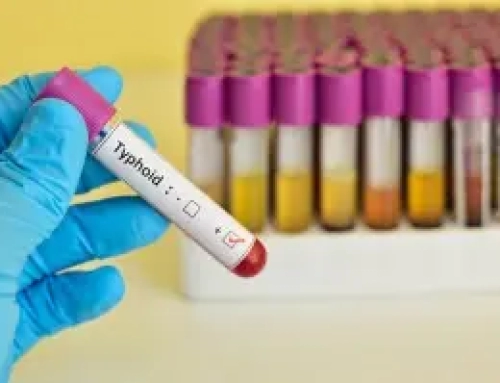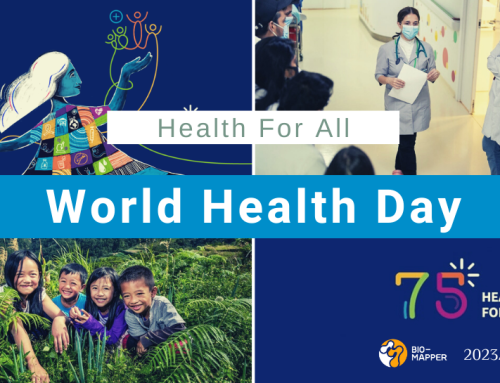Why was monkeypox declared a public health emergency of international concern?
The Director-General of WHO Dr Tedros Adhanom Ghebreyesus declared on 23 July 2022 that the multi-country outbreak of monkeypox is a public health emergency of international concern (PHEIC). Declaring a PHEIC constitutes the highest level of global public health alert under the International Health Regulations, and can enhance coordination, cooperation and global solidarity.
Since the outbreak began to expand in early May 2022, WHO has taken this extraordinary situation very seriously, rapidly issuing public health and clinical guidance, engaging with communities actively and convening hundreds of scientists and researchers to speed up research and development on monkeypox and the potential for new diagnostics, vaccines and treatments to be developed.

Are people who are mmunosuppressed at higher risk of developing severe mpox?
Evidence suggests that immunosuppressed people, including people with untreated HIV and advanced HIV disease, are at higher risk of developing severe mpox and death. Symptoms of severe mpox include larger, more widespread lesions (especially in the mouth, eyes and genitals), secondary bacterial infections of the skin or blood and lung infections. The data show the worst symptoms in people who are severely immunosuppressed (with CD4 count less than 200 cells/mm3).
People living with HIV who achieve viral suppression through antiretroviral treatment are not at any higher risk of severe mpox. Effective HIV treatment reduces the risk of developing severe mpox symptoms in the case of infection. People who are sexually active and who do not know their HIV status are advised to test for HIV, if it is available to them. People living with HIV on effective treatment have the same life expectancy as their HIV negative peers.
Severe mpox cases seen in some countries highlight the urgent need to increase equitable access to mpox vaccines and therapeutics, and to HIV prevention, testing and treatment. Without this, most affected groups are being left without the tools they need to protect their sexual health and well-being.
If you have mpox symptoms or think you may have been exposed, get tested for mpox and to receive information you need to reduce your risk of developing more severe symptoms.
For more please visit:
https://www.who.int/news-room/questions-and-answers/item/monkeypox






